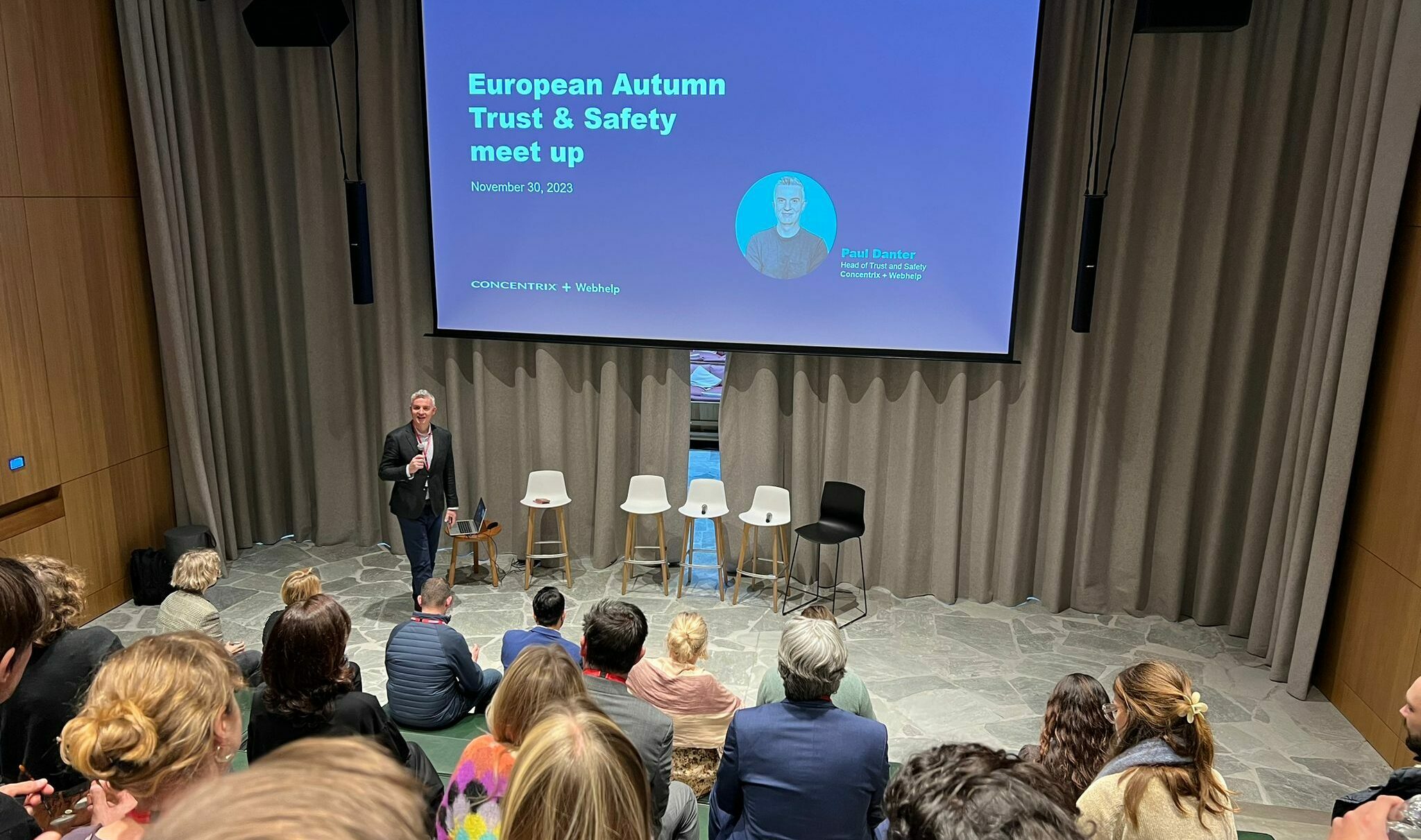In the third blog in our series, Sandrine Asseraf, Group Managing Director Americas and ESG, is looking at how businesses can position themselves to be ready for the metaverse. She also looks at brands already staking their claim and what you can learn from them.
Why brands are paying attention to the metaverse
What we’re seeing right now from brands already in the metaverse (or who have already announced they’ve bought space or are building an experience), is that their presence is a key plank in their marketing strategy. From that point of view, unless you’re a gaming company (in which case the metaverse is very relevant right now – the number one activity in the metaverse is currently gaming, and socializing), for other B2C brands it’s primarily a tool to be highly visible in the new world.
At the moment the brands that are present in the metaverse are mainly in the retail, hospitality, art, high-tech and financial sectors. We’ve looked at the kind of changes that could be on the horizon for customers in these areas in the second blog in our series. These are the kind of brands that organize experiences, recruitment events, put on virtual concerts, music and shows (some linked to real life events happening at the same time).
By being in the metaverse, brands signify that they are future-facing brands of tomorrow – positioning themselves as game-changers on the frontier of a brave new world. For example, we’re seeing luxury fashion brands in the metaverse who are creating incredible brand experiences, but they don’t necessarily link to their core value proposition. The value for them is in being in this new space, reaching out to the next generation of consumers and new communities.
It’s where new customers are
It’s also a sensible play for customer acquisition. Everyone knows that it’s become very expensive to acquire new customers, so when a new space opens up in a new channel with potentially brand new customers, it’s perhaps easier to understand why brands want to be there.
Which brings us onto the next thing to consider from a brand’s perspective. Key to a brand’s success in the metaverse is going to be the strength of its ability to build, grow and activate communities. We’re already seeing really strong social activity as the metaverse communities share what they’re creating across social platforms like Twitter and Discord. In turn that presents brands with opportunities to create strong advocacy around their metaverse experiences.
What brand success in the metaverse will look like
If you look at the metaverse as an eventual companion space to the real world, then your customers will naturally expect to move from one space to another, frictionlessly. Tech brands like Google are on record as saying they believe in the metaverse as a space for discovery, for products and experiences, where the last mile becomes about whether or not you can buy it in the metaverse from virtual stores, and get it shipped to your door in the real world. The winners will be those who can offer a seamless continuity of brand between the metaverse and ‘real’ world, where the best wraparound experience wins.
Factors that hold some brands back from the metaverse
We hear some brands say they’re still really interested in the metaverse but will probably steer clear of the NFTs and blockchain elements, when really it’s all bound up together. What makes the metaverse so interesting is that it all works together: it’s a collective-owned economy that’s being built. It’s the NFT ethos and underlying ownership that makes it all possible. You can download our own report on NFTs here.
We hear questions from brands who are nervous around the economic aspect or concerned about the quality of the experience they’re able to provide, or that their customers might encounter if their kit isn’t up to it. Do they need to be in the metaverse now, while the experience they can offer could be poor, but have that valuable first mover advantage? Or will people have the patience to wait until it becomes really great?
Their set of considerations will be different too, depending on whether they’re a B2C or a B2B brand and where their customers are. We’re seeing brands like AXA making a splash in the metaverse with a B2C-centric offering, by virtue of their entrance being so unexpected. B2B brands have to ask themselves – will this be a space where we can sell our services?
If you go back to the genesis of NFTs, with their message around creation and ownership, you can see how the brands who have found the space the best fit for themselves already are those involved in content creation. Sectors like art, fashion, all the industries where there is value in the originality of what you make and show.
What brands should consider when contemplating joining the metaverse
First of all, there’s a training piece to be carried out, so that your whole business, from C-suite down, properly understands the metaverse eco-system. Next up they need to work out what they expect the ROI to be and decide how they are going to measure it. How will they position their brand in this completely new channel? Are you looking at it as a return on marketing investment or as a sales channel as well?
Once a business has defined that, brands need to decide about the kind of experience they’re going to create. Some companies tell us they want to be there precisely because it’s such new territory for them.
Here are the next key questions you then need to contemplate: how do you plan to create and activate the community you build in the metaverse, whether it’s customers, gamers or players? How do you plan to take care of such users once they’re in the metaverse, to ensure their safety and an experience as valuable as the one you have built for them in real life?
We’re helping more businesses each day answer these kinds of questions. If you’d like to find out more, we’d love to talk.


![[Fashion] Choosing the right partners to grow your business in 2024, at a time when trust is fragile](https://media.webhelp.com/wp-content/uploads/2023/12/21090253/Office-Showcase-2.png)


